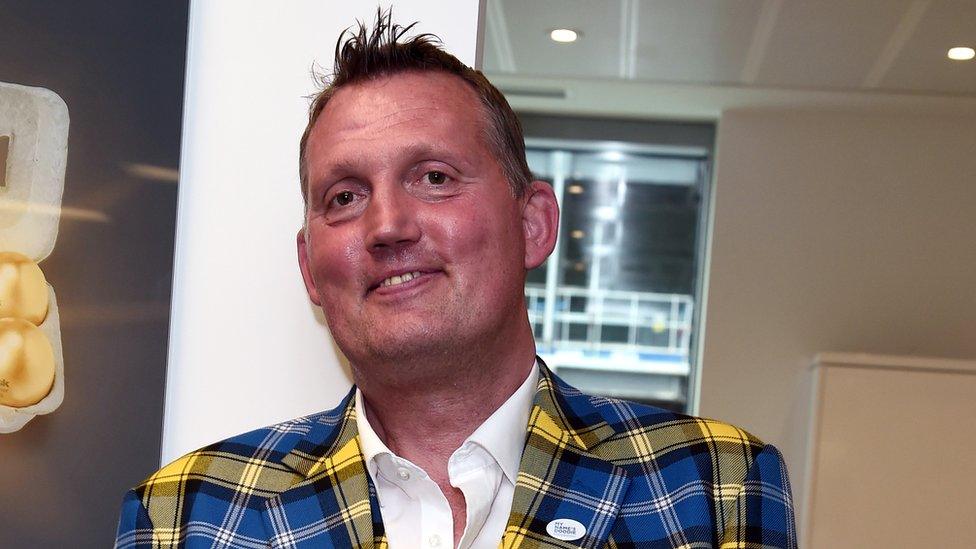Holes in the shield protecting vulnerable people
- Published
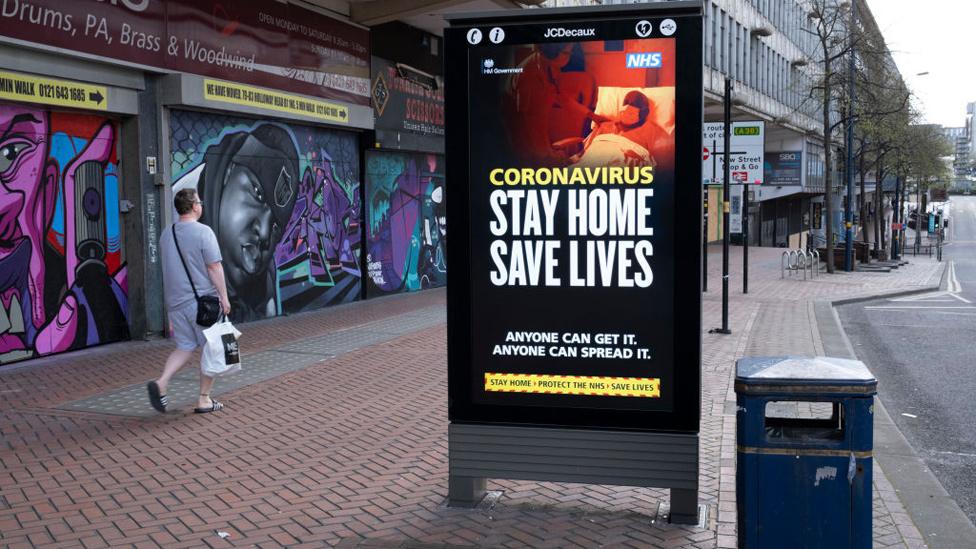
The lockdown has seen many businesses close their doors and the streets largely empty
'It's another Dangerous Dogs Act!'
This is the code still used by politicians as a warning against the dangers of legislating in haste.
It refers back to a series of measures rushed into law under John Major's Conservative government almost 30 years ago.
They came in response to a lurid tabloid newspaper campaign over the spate of savage, often fatal, attacks by dogs on people including small children and even babies. Attention focused on certain breeds such as rottweilers and pit bull terriers.
Only after the Act had been passed did the counter arguments gain widespread traction: specifically that the real culprits were not so much the so-called "dangerous breeds" as their dangerous owners who either did not know or, for their own often shocking reasons, deliberately chose neither to train nor control their animals properly.
It did not take long for this new legislation to become notorious. Its unintended consequences and obvious anomalies led to genuine concerns that it hit the wrong targets while unerringly missing the real ones.
The Dangerous Dogs Act of 1991 remains to this day a byword for knee-jerk reactions to the age-old demand that "something must be done".
What's different this time is that something HAD to be done. Faced with a virus so infinitely more dangerous that it makes even the most ferocious rottweiler look like a poodle, the government had no option but to move quickly.
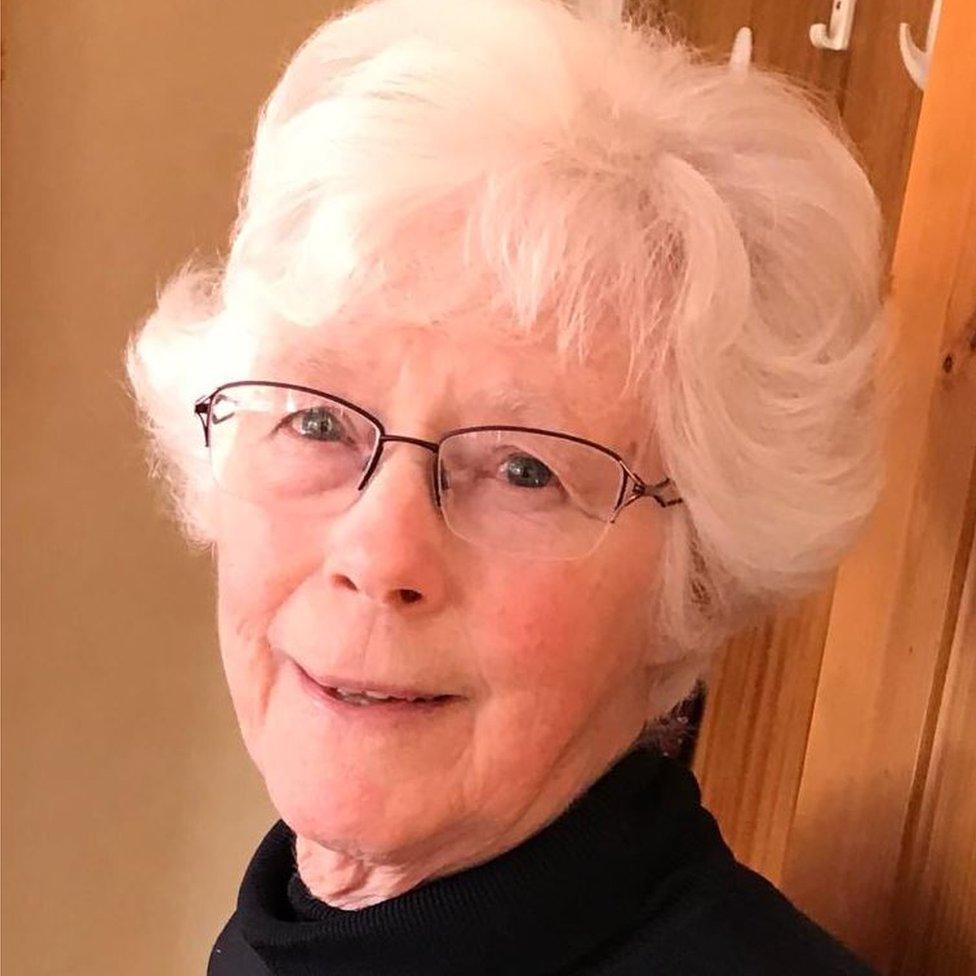
Liz Goldfinch, from Droitwich, who has a rare lung condition and Parkinson's disease, said she felt worried at not being on the shielding list
The need for speed will no doubt weigh heavily in ministers' favour when when the inevitable public inquiry eventually delivers its verdict on the handling of this unprecedented pandemic.
But there are already worrying signs that the "shielding" arrangements for vulnerable people most at risk may not have been drafted or executed as they should have been.
Who is most at risk?
Normal party politics may be in just as much of a lockdown as the rest of us during this crisis, but there are unmistakable signs of an intensifying debate, not just around individual cases, but also about the kinds of health conditions which should or should not qualify people for shielding.
I explained in my previous blog how local politicians including the Conservative leader of Stafford Borough Council, Patrick Farrington, had assured me they had such "fantastic links" with their communities, health organisations and charities that they would support everyone in the shielded categories, not just with food parcels but also with dog walking, gardening and financial advice services.
Councillor Farrington was committed to helping the most vulnerable people whether they could afford to pay for it or not and urged other council leaders to follow his example.
Among those listed on the NHS England and Public Health England websites are organ transplant recipients, patients with specific cancers or who are undergoing active chemotherapy, radical radiotherapy or immunotherapy, as well as many more besides.
But the Alzheimer's Society asks why those vulnerable with dementia are also not also eligible for shielding. Similarly, patients with motor neurone disease don't qualify, despite being so exposed to the virus's potentially lethal attack on the lungs.
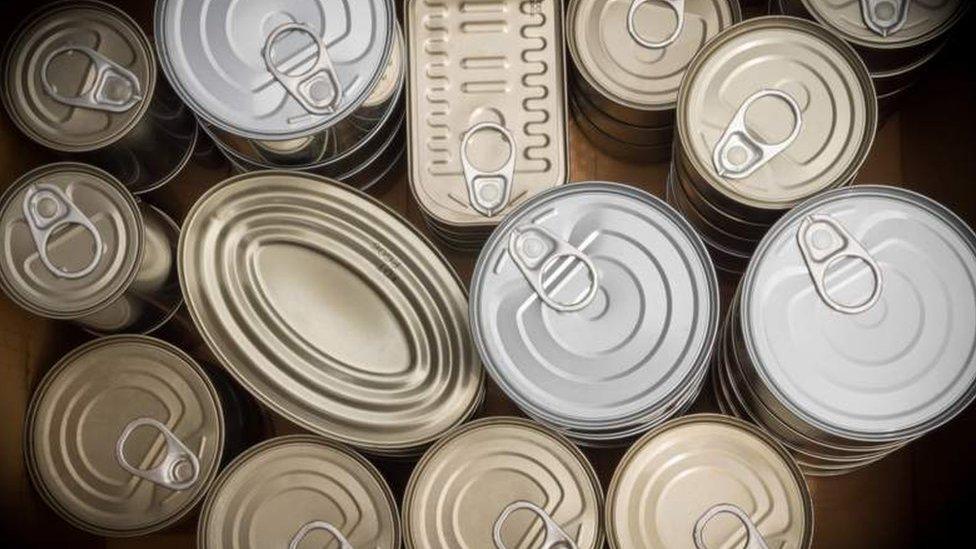
The first food parcels are starting to be delivered to those on the shielded list
Birmingham Yardley's Labour MP Jess Philips told BBC One's Politics England programme it meant thousands of vulnerable people were not being shielded adequately.
She later tweeted that, by contrast, one person who had received the letter informing them they qualified for shielding was her own mother, even though she died a decade ago.
Buried deep in the weeds of the NHS website, I found an apology: "We would like to say how sorry we are for any distress that may have been caused by the letter you have received. We would like to apologise for an error which has led to a very small proportion of the letters intended to notify people most at risk of Coronavirus being sent to patients who have died".
One explanation may be that in an effort to be as thorough as possible, officials may have been delving back into old records which had long since been overtaken by this saddest of family events.
Though it may not be too late to adjust these rules where circumstances demand, it seems to me the apportionment of blame can wait.
This is a dreadful life and death struggle in which there can be no real winners. But for all our sakes there must certainly be a loser. And that is the Coronavirus itself.
- Published7 April 2020
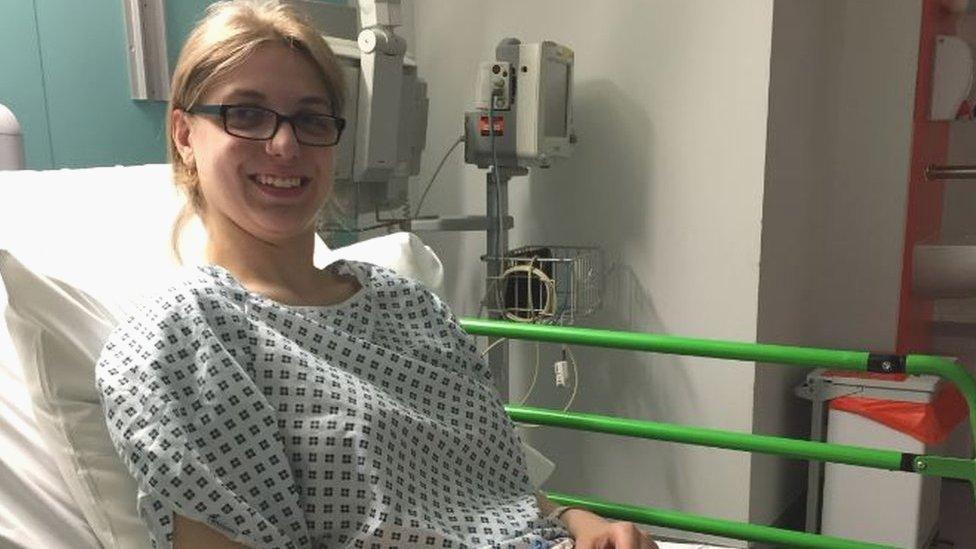
- Published29 March 2020
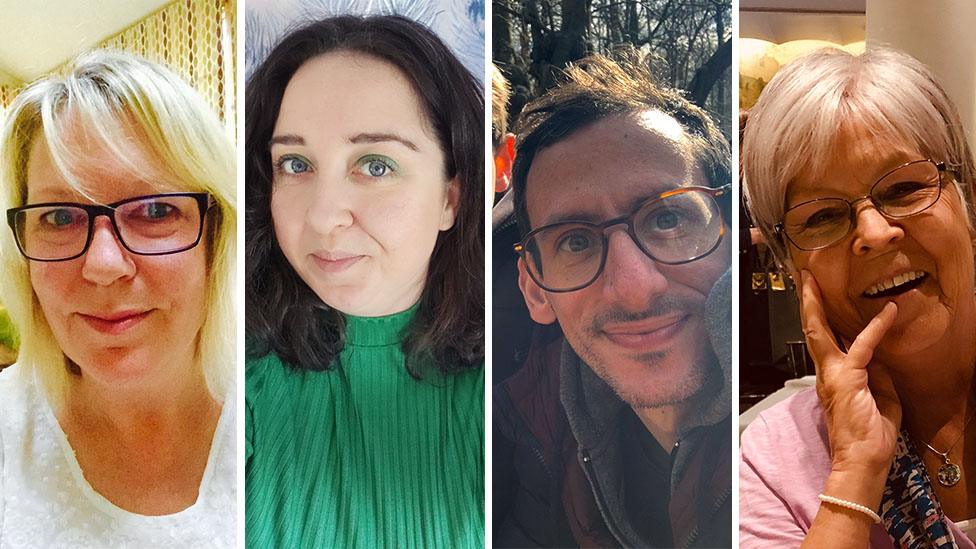
- Published9 April 2020
